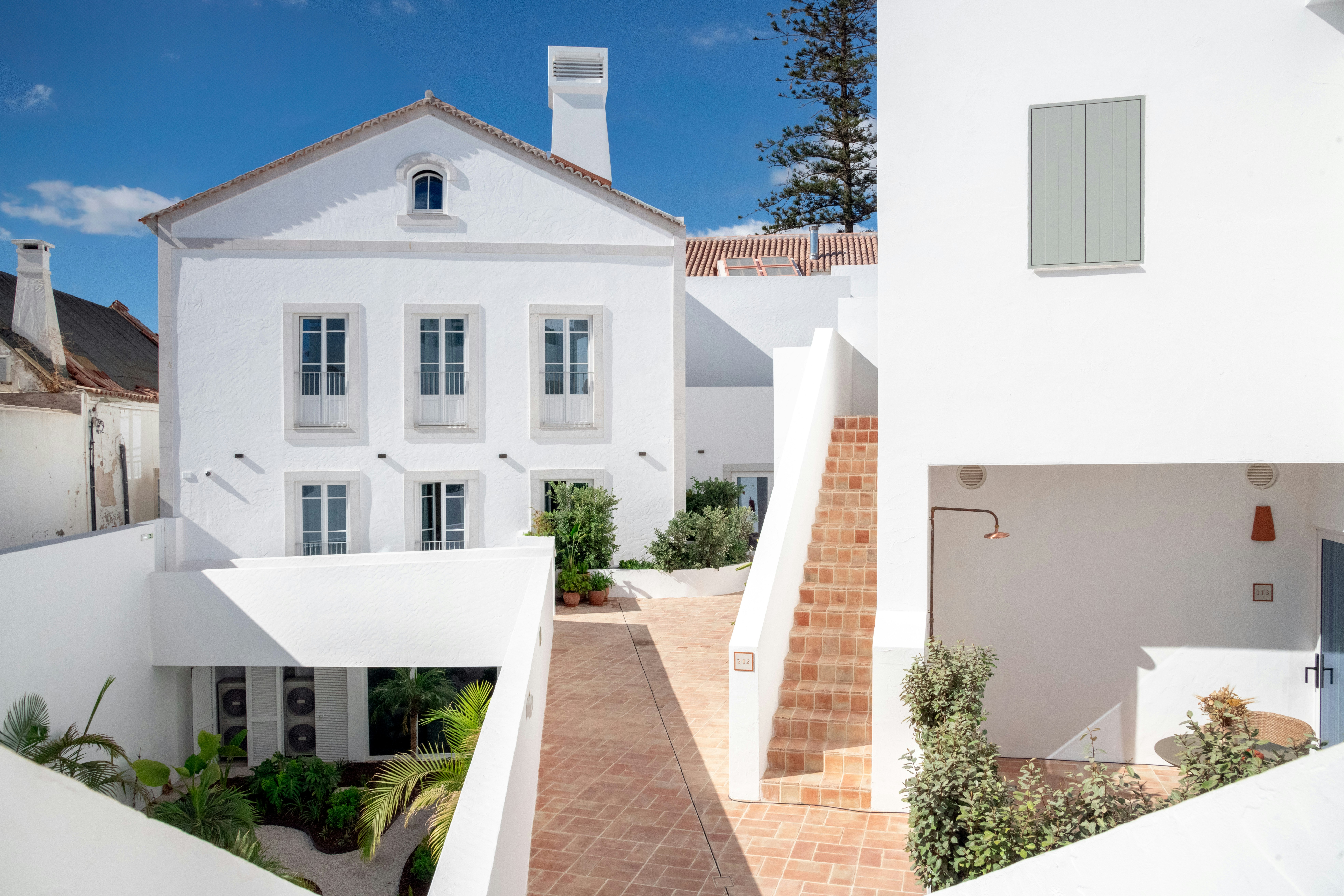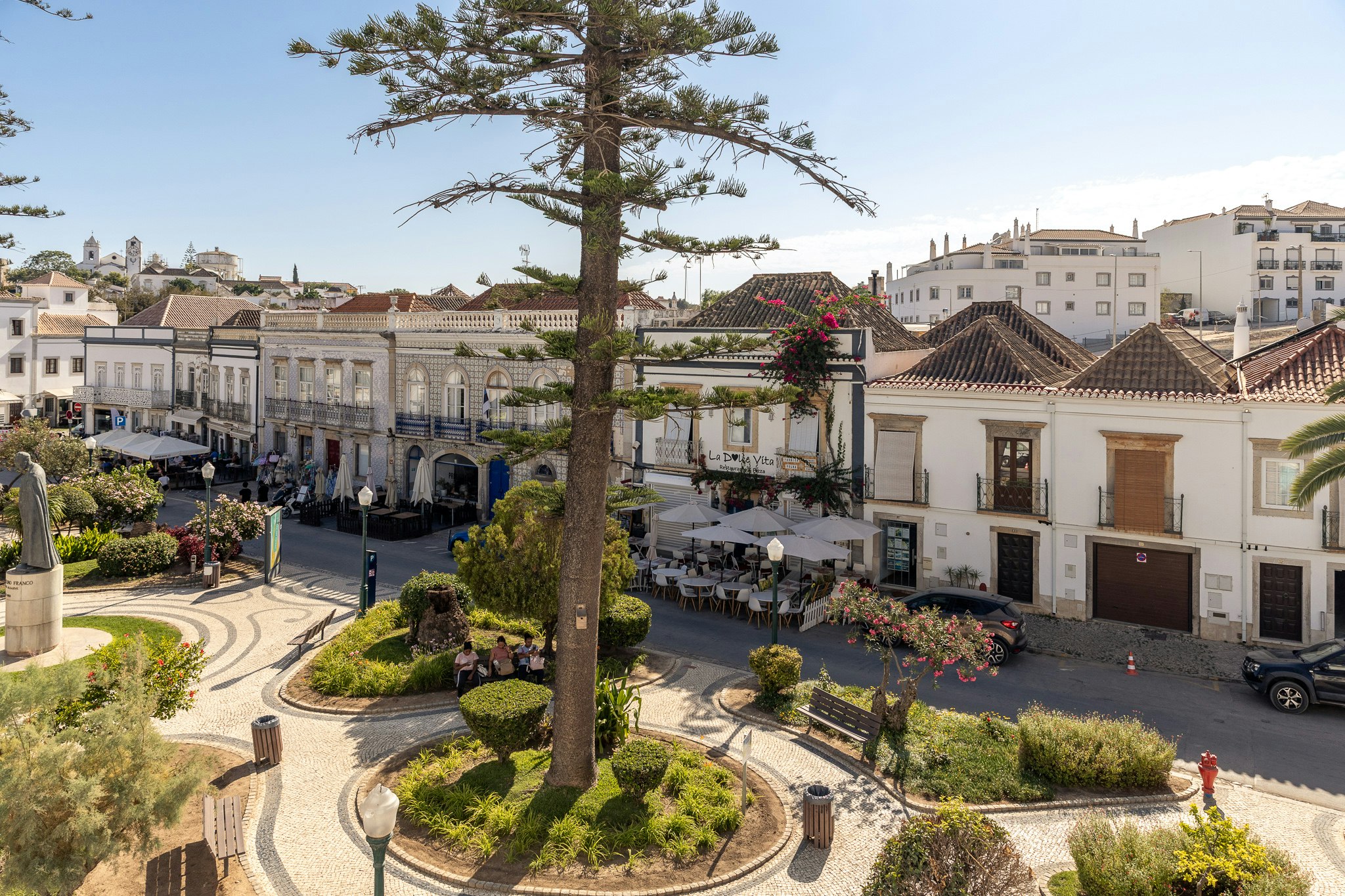Things to do
LANDMARKS
Start a day’s adventure at the Castelo de Tavira, a notable remnant of the town’s Moorish past, whose ancient towers offer sweeping views for those brave (or fit!) enough to climb them. Just below, the Roman Bridge spans the Gilão River, connecting Tavira’s two halves in a scene of postcard-perfect tranquillity. Stroll through the old quarter to discover more than thirty churches, including the Igreja da Misericórdia, a 16th-century gem adorned with intricate blue and white tiles. Take a ferry or water taxi to Ilha de Tavira, a long sandbar of white sand beaches and turquoise water – a haven for swimming, birdwatching and basking beneath the Atlantic sun. As evening falls, the riverside promenade comes alive with music, conversation and the soft glow of café lights reflecting on the water.
FOOD & DRINK
Tavira’s cuisine celebrates the best of sea and soil. At the town’s market, baskets overflow with oranges, almonds and just-caught fish from the nearby coast. Grilled sardines, octopus rice, and cataplana – a fragrant seafood stew cooked in a copper pan – are local favourites, best enjoyed outdoors with a chilled glass of Vinho Verde. Inland, olive groves and salt flats shape both the landscape and the menu, with Tavira’s hand-harvested sea salt prized across Portugal for its delicate flavour. To finish, try the world famous pastel de nata or a fig-and-almond tart, savouring the sweet simplicity that defines Algarvian cooking.
HISTORY
Tavira’s roots reach back to the Phoenicians, who settled here as early as the 8th century BC. Later, under Moorish rule, it grew into one of the Algarve’s most important ports – a legacy still visible in its architecture. After the Christian reconquest in the 13th century, the town flourished as a centre of trade and shipbuilding, sending fleets to explore the Atlantic and beyond. Though the 1755 earthquake left its mark, Tavira rebuilt with grace, preserving its layered history in every stone arch and tiled façade. Today, its calm beauty endures – a living reflection of the Algarve’s storied past and coastal spirit.
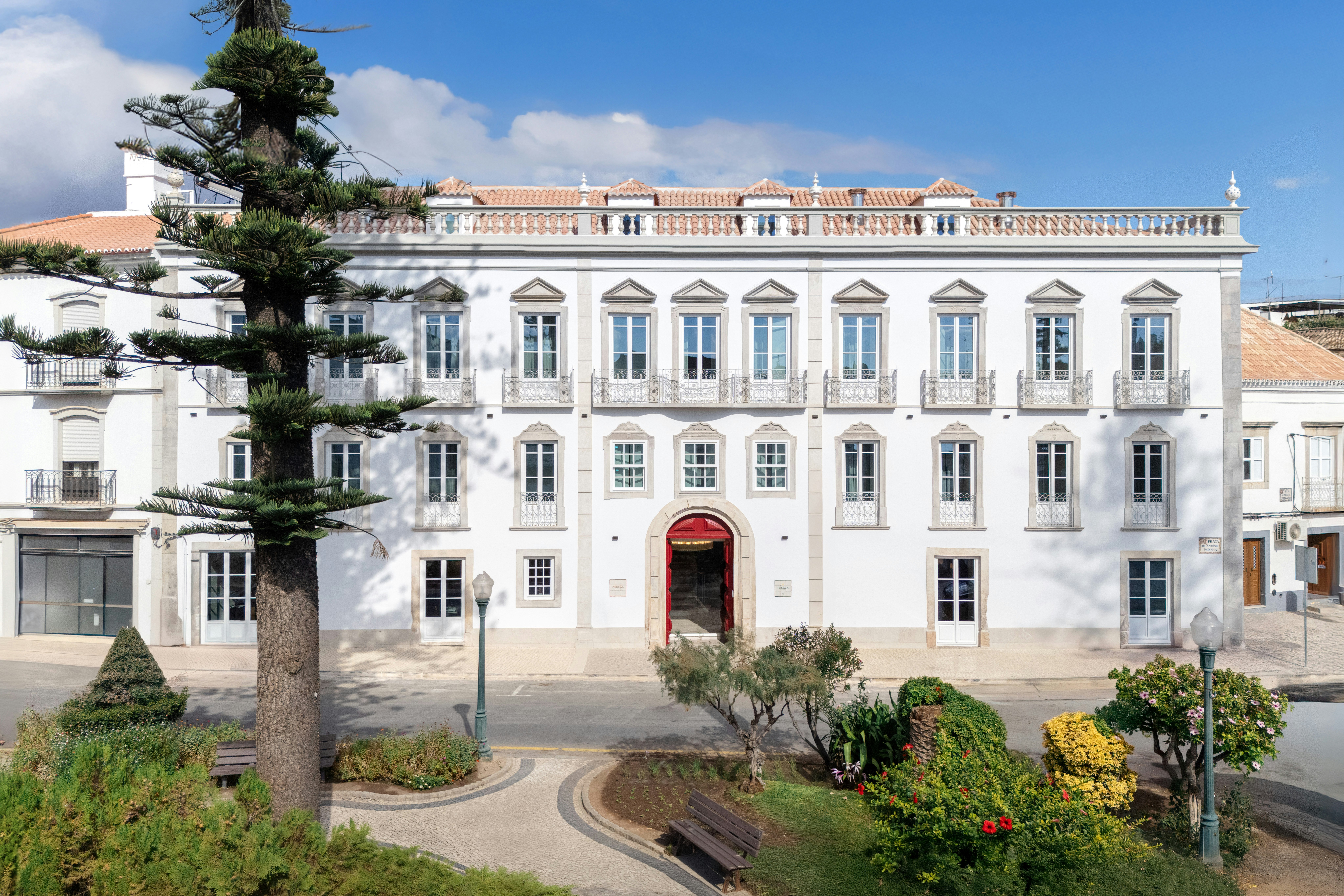
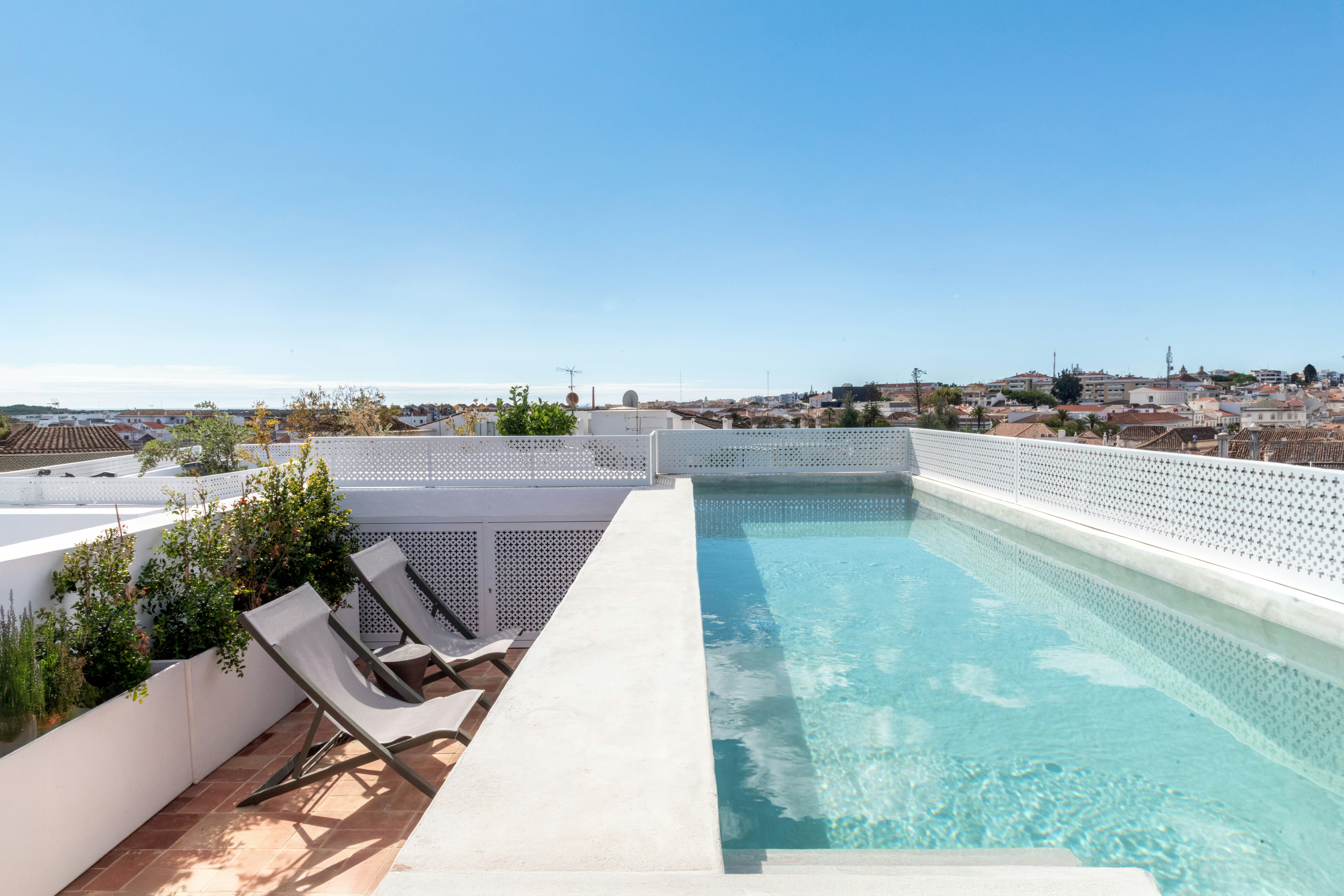
.jpg.jpg?h=1365&w=2048)
.jpg.jpg?h=1365&w=2048)
.jpg?h=1365&w=2048)
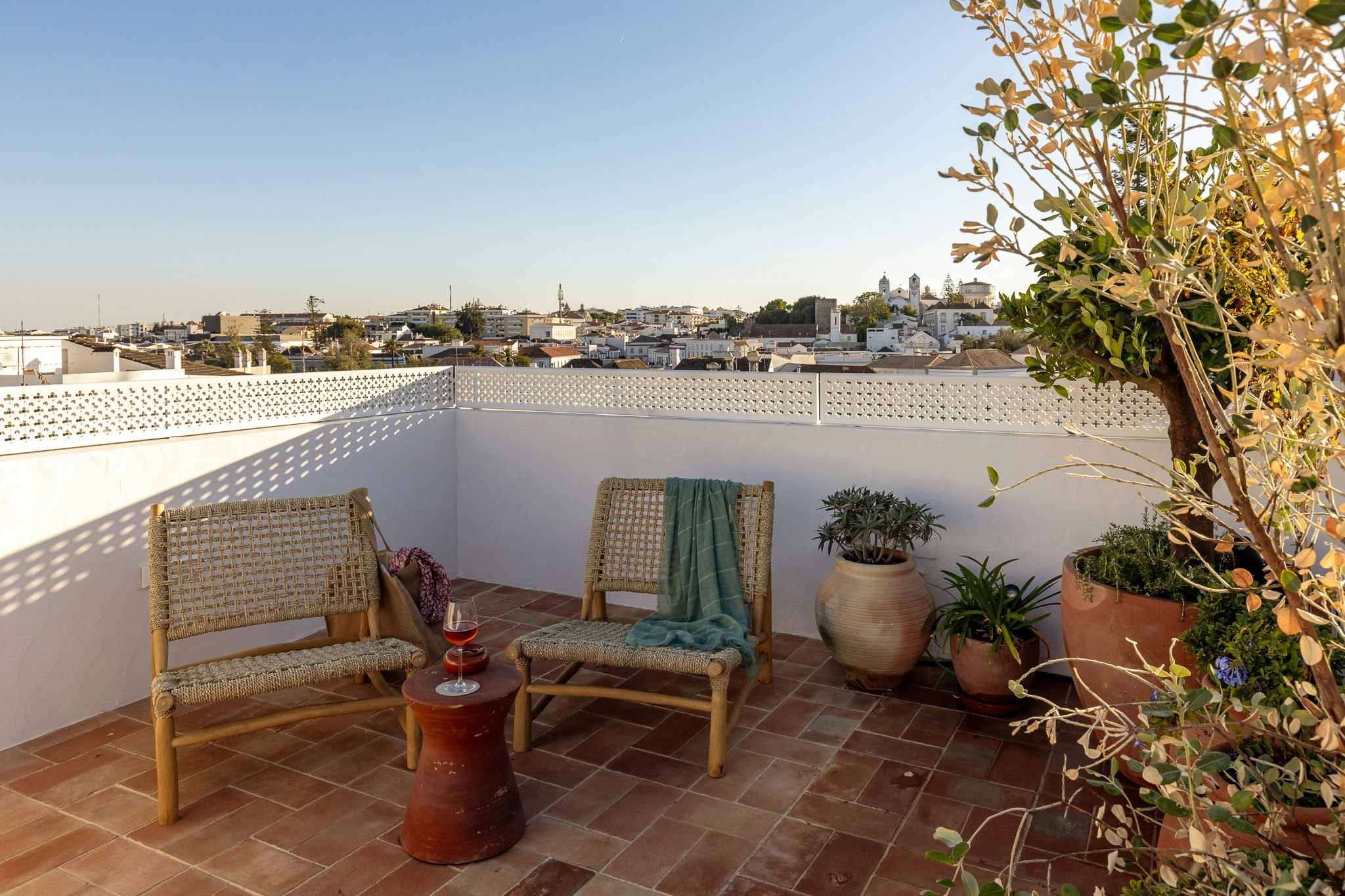
.jpg?h=1365&w=2048)
.jpg.jpg?h=1365&w=2048)
.jpg?h=1365&w=2048)
.jpg.jpg?h=2048&w=1365)
.jpg?h=1365&w=2048)
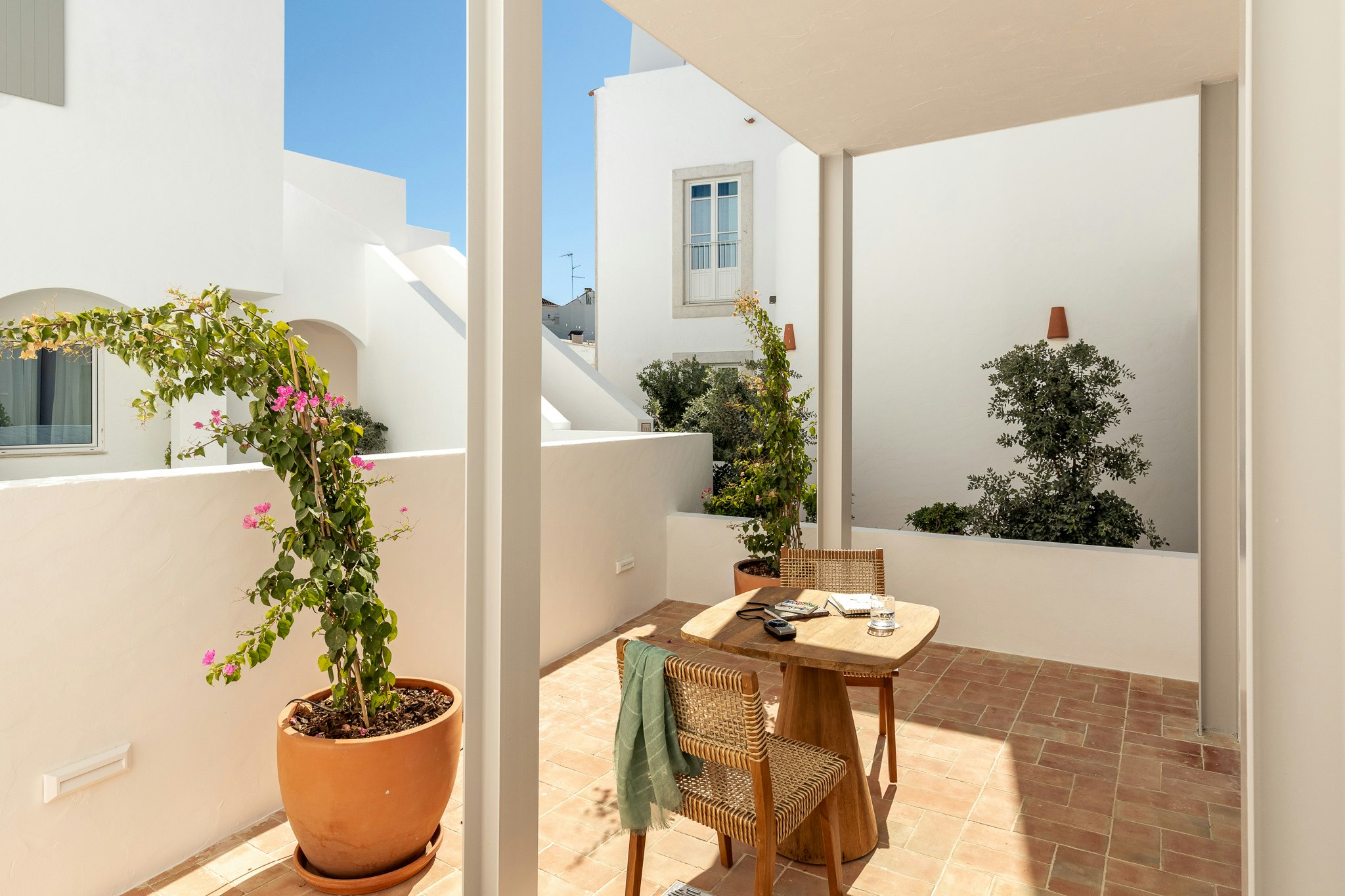
.jpg?h=2048&w=1365)
.jpg?h=1365&w=2048)
.jpg.jpg?h=1365&w=2048)
.jpg.jpg?h=1365&w=2048)
.jpg.jpg?h=1365&w=2048)
.jpg.jpg?h=1365&w=2048)
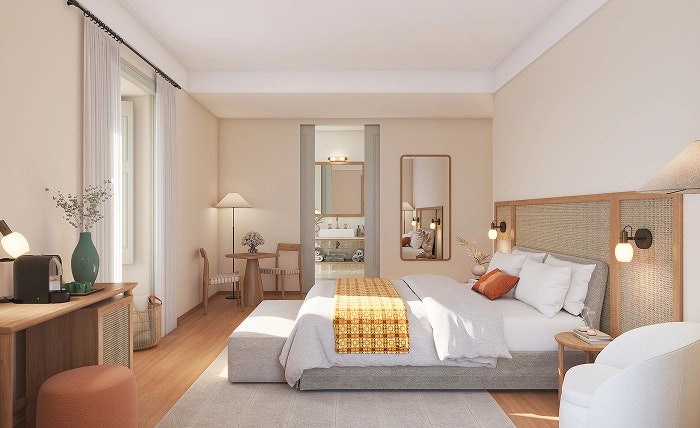
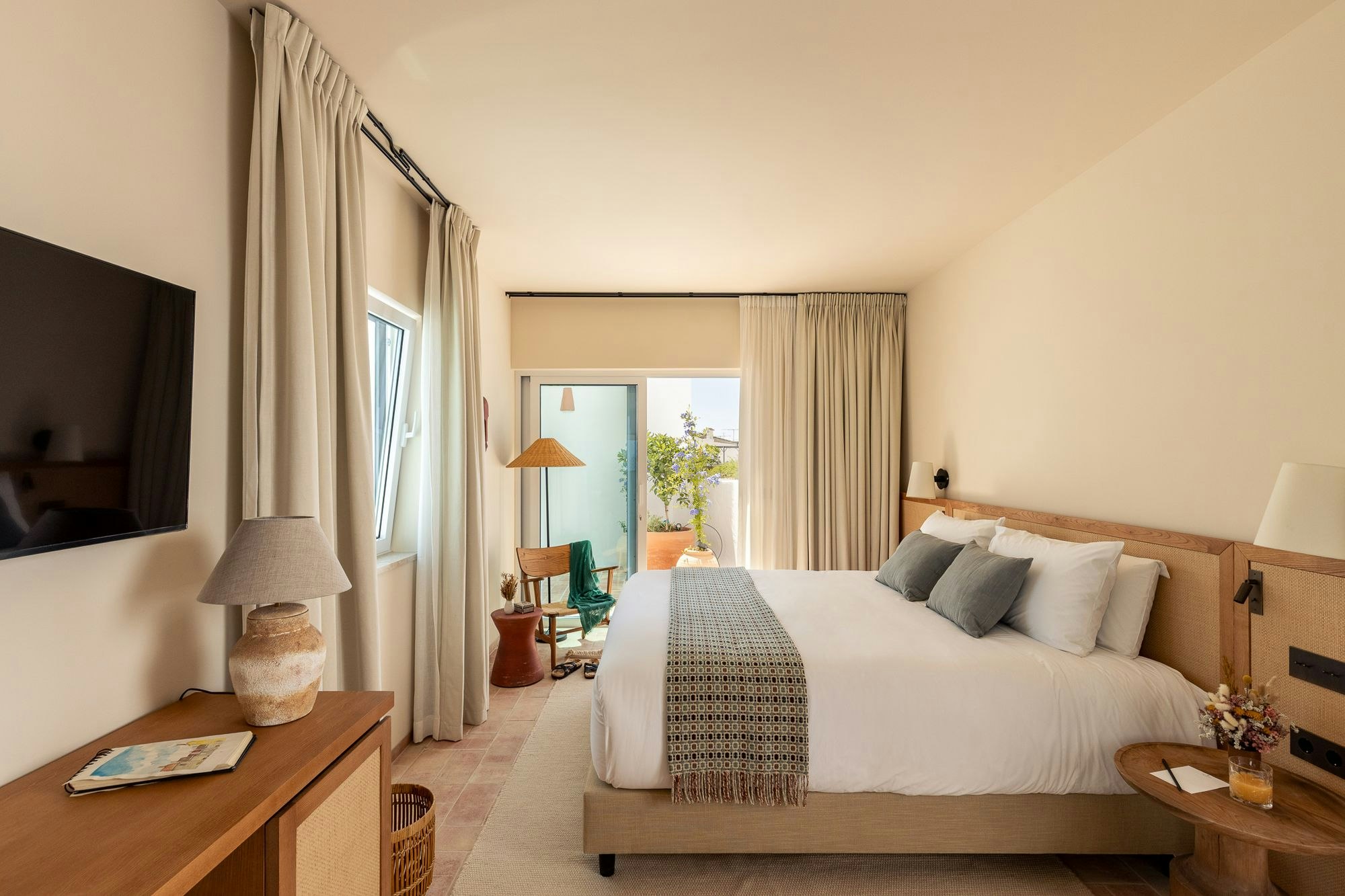
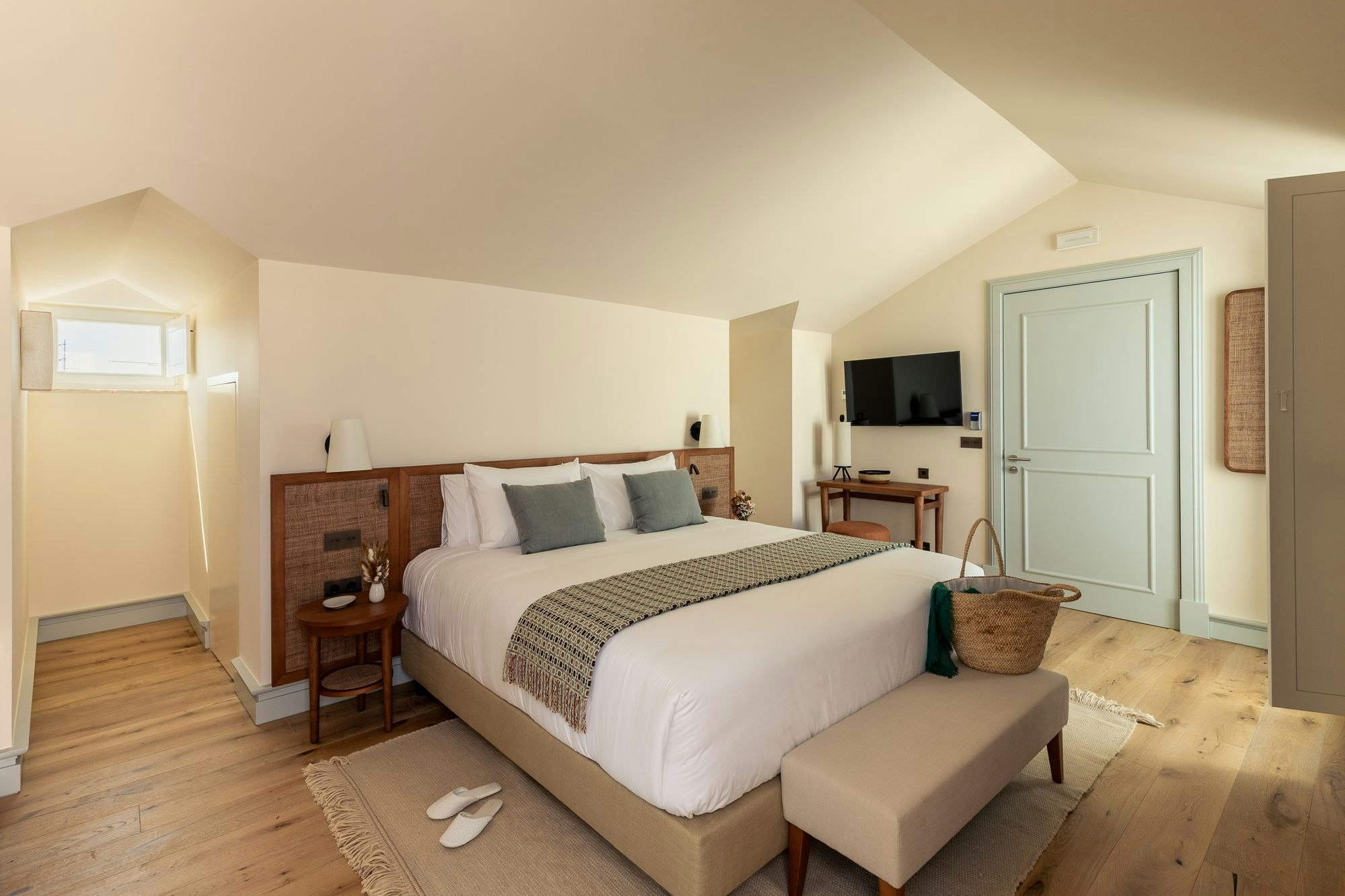
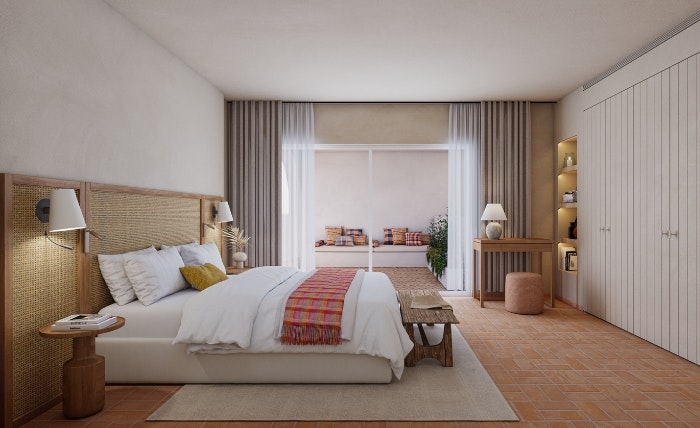
.jpg.jpg?h=1365&w=2048)
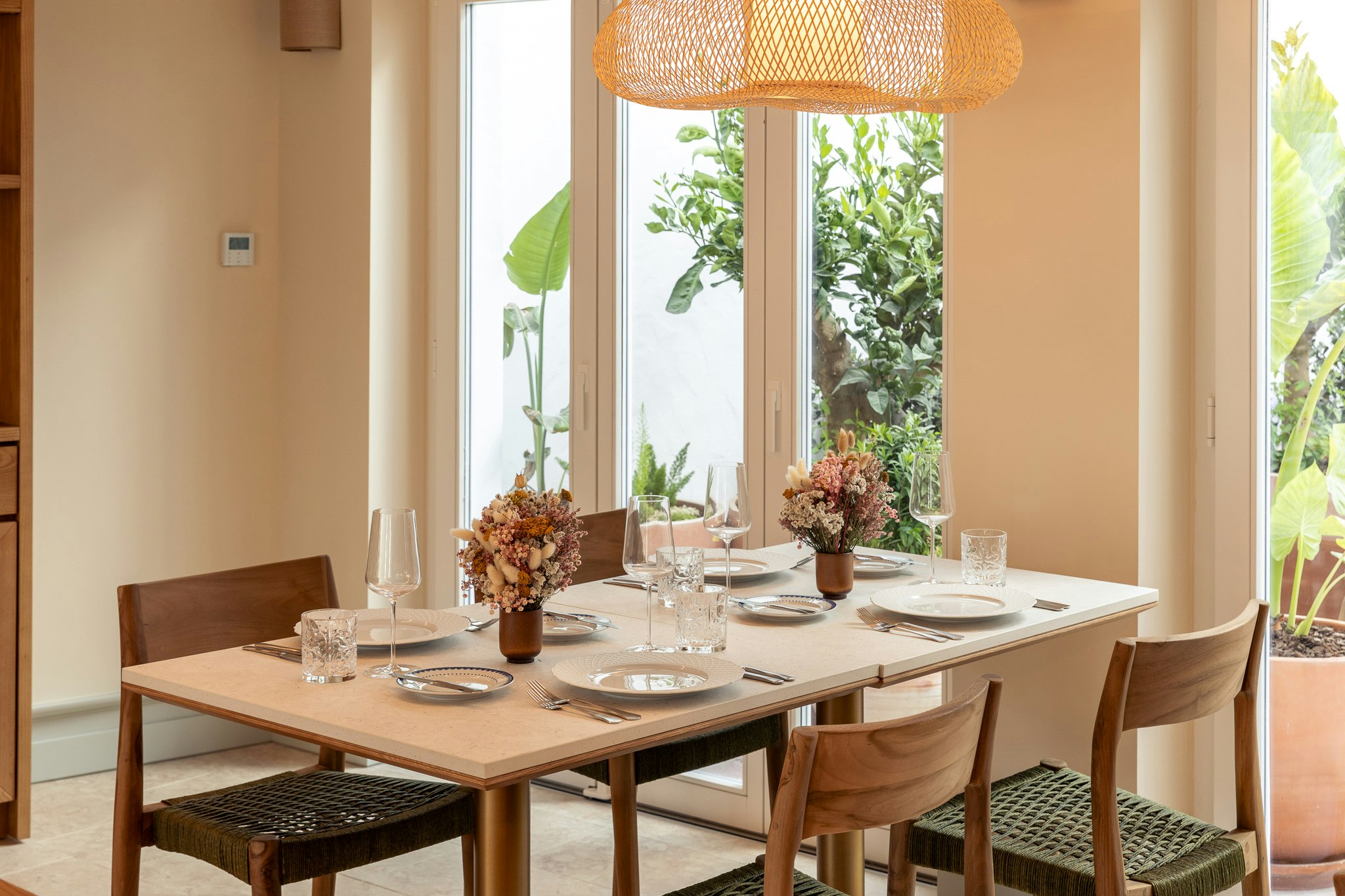
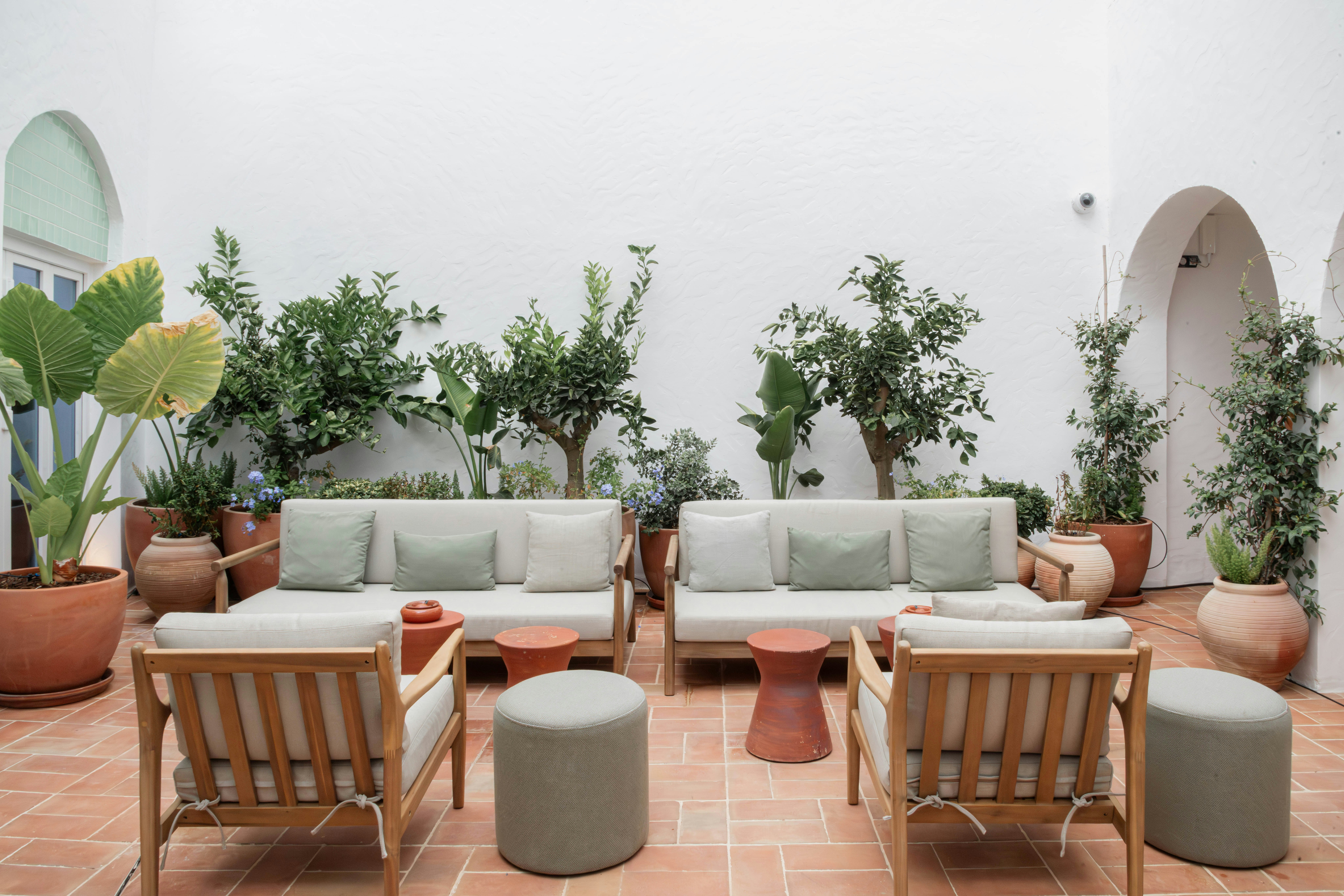
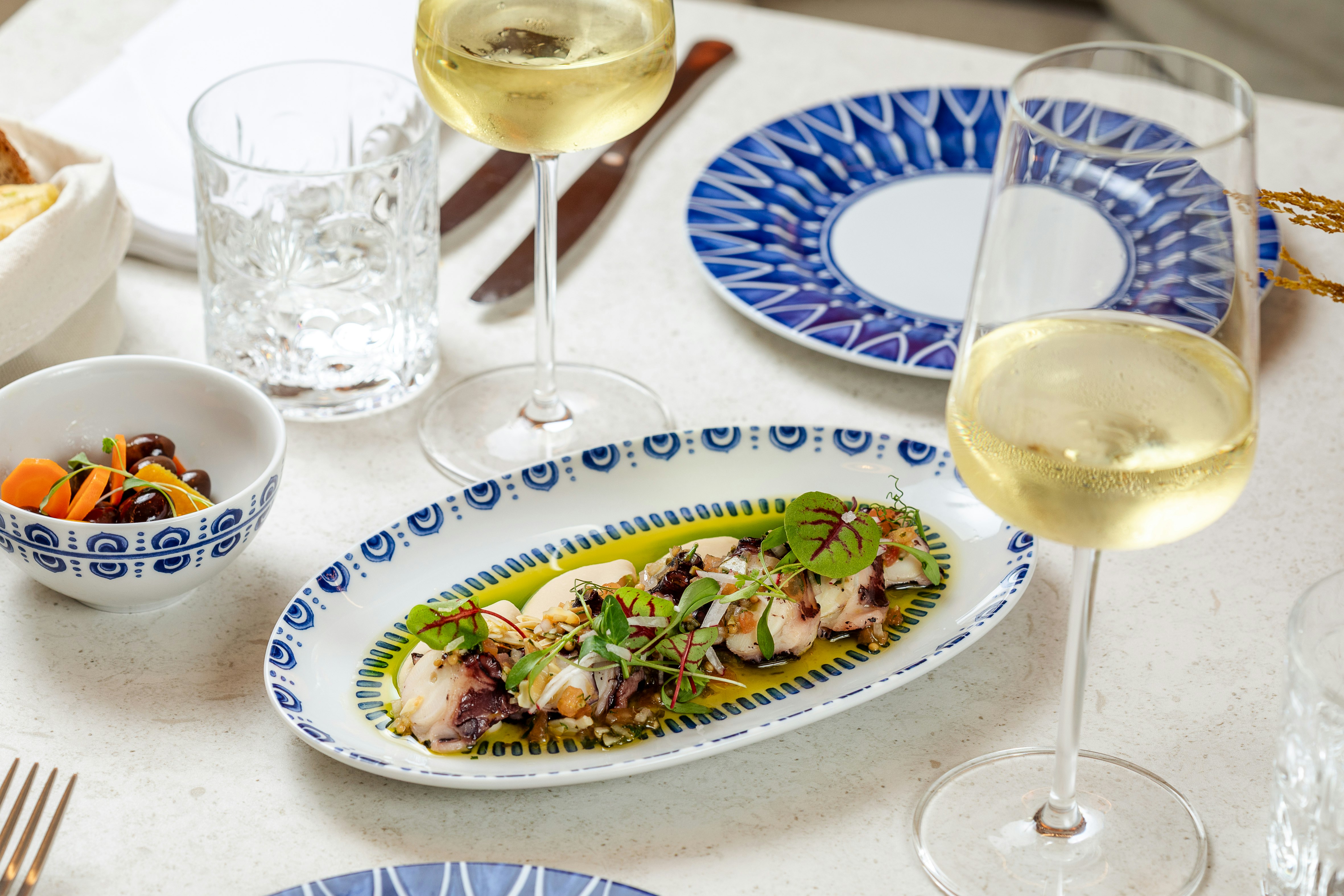
.jpg.jpg?h=1365&w=2048)
.jpg.jpg?h=1365&w=2048)
.jpg.jpg?h=1365&w=2048)
.jpg.jpg?h=1365&w=2048)
.jpg.jpg?h=1365&w=2048)
